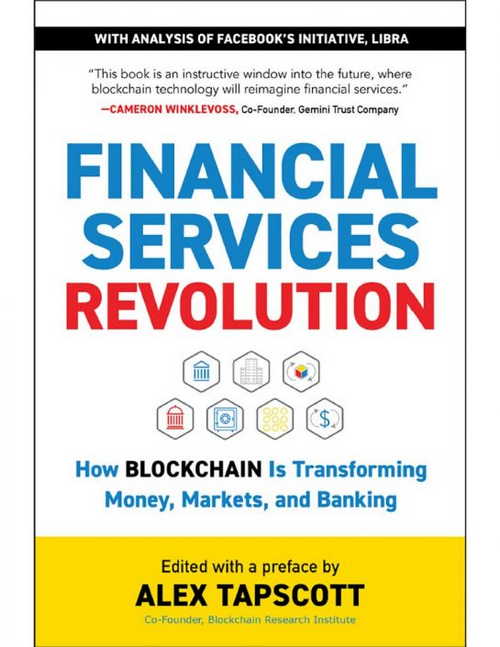If it succeeds, tZERO Crypto users will trade cryptocurrencies, security tokens, and traditional stocks using one platform. tZERO’s CEO Saum Noursalehi wants to achieve this by acquiring approval from U.S. regulators by Q2 2020.
tZERO aims at securing the broker-dealer license to allow for trading of security tokens and other traditional stocks.
tZERO Crypto enters the trading space
Overstock was one of the earliest adopters of Bitcoin, and now its tZERO wants to push that further through the tZERO Crypto App.
The crypto exchange announced the plan during its Q1 earnings call on April 30.
“tZERO plans to use its crypto wallet application to scale-up adoption for security token trading”, Noursalehi said during a recent interview.
tZERO Crypto is a separate entity from the main securities platform ‘tZERO ATS’, but has seen adoption increase by 40% in the first three months of 2020.
The platform plans to run the new venture on the broker-dealer subsidiary, to be called tZERO Markets. But Noursalehi is aware of the challenges of securing regulatory approval and said as much during the interview. While still optimistic of a Q2 approval, he noted that “one can never be sure with regulators.”
The app will support TZROP and OSTKO among other crypto securities and traditional stocks. tZERO also hopes that the user base for the app will increase even further as the company adds more securities.
The plans to have tZERO Markets operating are already in the hands of U.S financial regulator FINRA, which received the application earlier this year.

COVID-19 has sidelined investors
tZERO’s aggressive approach to the securities market is a clear plan targeted at wooing more investors. The hope is to offer more than two digital securities. That figure could be much higher, especially given that over 200 companies are in the process of using the tZERO platform to issue their own digital securities.
But the firm also acknowledges the impact of COVID-19 on what companies can and cannot do at the moment. Noursalehi pointed to the chaos brought about by massive market volatility in the wake of the pandemic.
The sentiment was summed by Overstock CEO Jonathan Johnson. During the earnings call he said:
“Issuers have largely sidelined trading existing digital securities until market conditions normalize, so tZERO has seen a slowdown in issuers looking to raise capital.”
Overstock.com’s April sales rose 120% in year over year results, with the company noting that COVID-19 had impacted business. However, its crypto sector fared much better.
According to the firm, most of its blockchain companies continue to attract added public attention. Part of the reason is that their use of blockchain technology offers services that are helping solve people’s problems.
Overstock, Patrick Byrne Hit With Class Action Over ‘Market Manipulation’
An investor has launched a class action lawsuit against Overstock and two former execs, claiming securities violations through making false statements to manipulate the firm’s stock price.
According to a complaint filed Sept. 27 at the district court in Utah, Benjamin Ha alleges on behalf of himself and other investors in the firm, that between May 9 and Sept. 23, 2019, the defendants published “materially false and misleading statements” regarding the company’s financial state.
Ha states that the defendants’ alleged false claims allowed them to artificially inflate the value of Overstock stock and allowed former CEO Patrick Byrne to sell all of his shares – worth over $100 million at the time – at unrealistic prices. Further, according to the document, the claims allowed Overstock to sell off more stock to the market to fund its cryptocurrency projects, and caused Ha and other investors to buy stock at “artificially inflated prices.”
Byrne – who left the firm in August after disclosing that he’d had a three-year affair with a Russian agent – is accused of selling his shares while in possession of adverse information not disclosed to shareholders. Former CFO Gregory J. Iverson, who resigned last week, is also accused of making “materially false and misleading statements.”
The complaint also addresses previously public claims that Overstock had used its unusual crypto shareholders’ dividend, in the form of a digital security issued via its subsidiary tZERO, to take “revenge” on short sellers.
The dividend was to be locked up for six months, effectively meaning it was “impossible for short sellers to maintain their short positions.”
Ha’s complaint states:
“While defendant Byrne had previously, at different times, launched into public tirades over short selling and naked short selling, the tZERO Dividend was his secret plot to finally obtain hegemony over them – and it almost worked.”
However, the complaint alleges, the U.S. Securities and Exchange Commission was working behind the scenes, telling Overstock that it would not allow the locked-up dividend. Meanwhile, some banks were also easing the situation for short sellers by saying they would accept a cash equivalent to the locked-up digital shares.
As a result, on Sept. 18, Overstock moved to restructure the dividend to end the lockup and allow the shares to be freely traded at issuance.
Briefly, the firm’s initial announcements on the lockup had caused its stock price to bounce, at which time Byrne is said to have capitalized by selling his shares – even, it is alleged, while the SEC was telling the firm it would not allow the dividend in its current form.
As a result of his claims, Ha is asking the court for a trial by jury.


